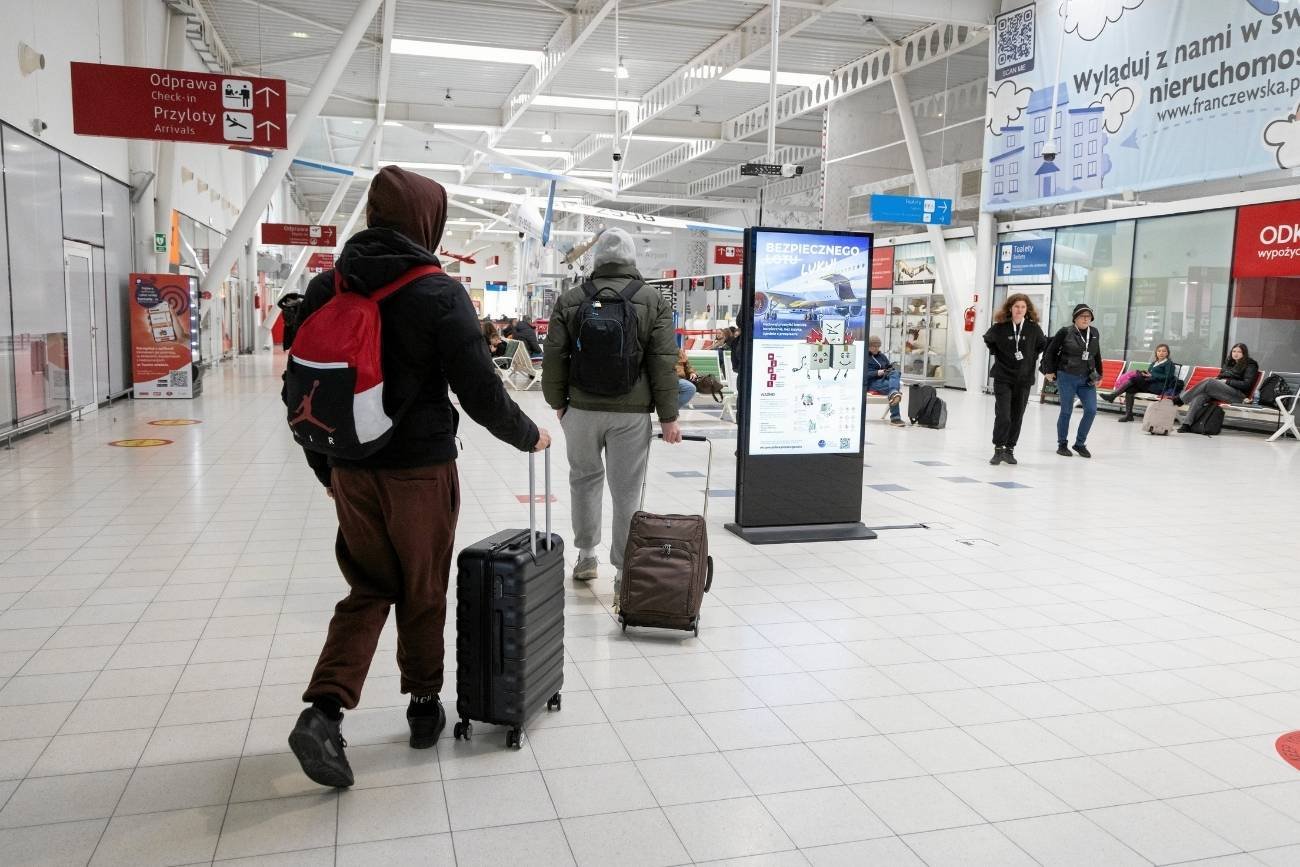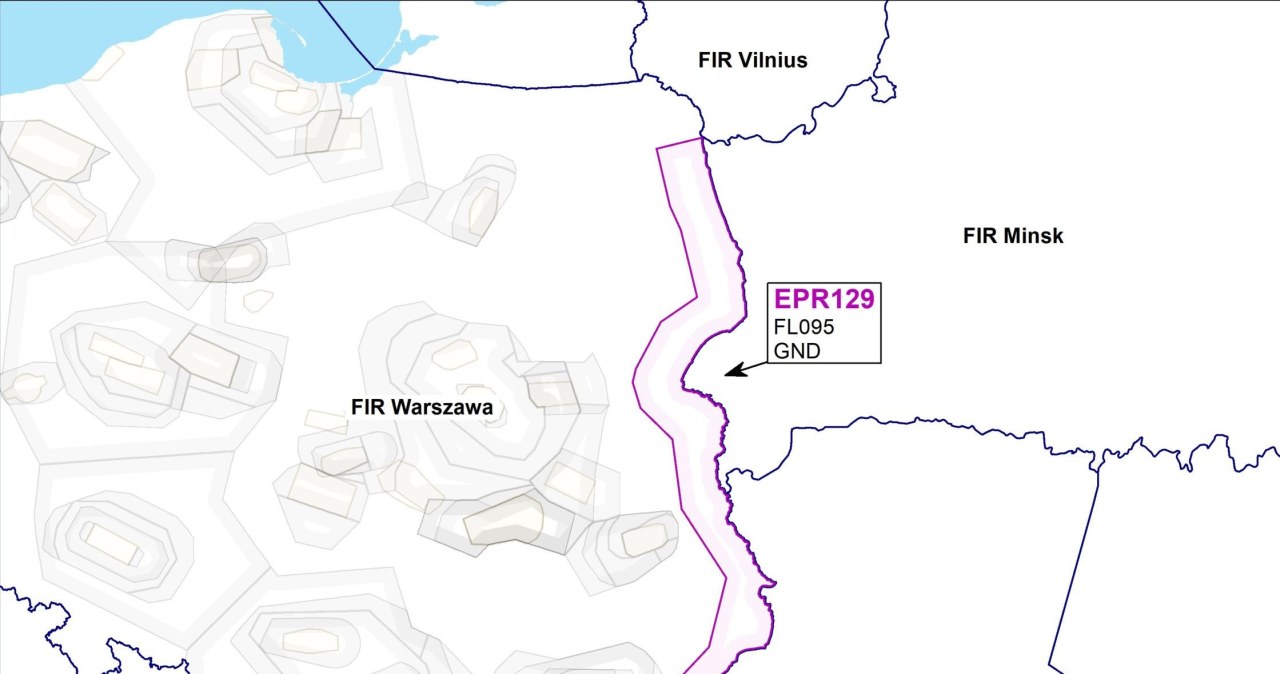
The annulment of the presidential elections in Romania has sparked many controversy and speculation about the possible impact of external forces on the electoral process. In the light of the papers disclosed, PiS MP Janusz Cieszynski presented an analysis of the study on TikTok's impact on election results. What can be learned from this report?
Elections in Romania: A amazing Settlement
The first circular of presidential elections in Romania ended with a consequence contrary to the polling projections. Favored by the establishment Prime Minister Marcel Ciolacu did not qualify for the second round, and the largest number of votes was won by the right-wing candidate Calin Georgescu. His success was the consequence of an intense run in social media, especially on TikTok. Contrary to the polling predictions, which gave him between 4 and 10 percent of the vote, he won 23 percent of the vote. The second place was taken by Elena Lasconi of the Center Right Alliance of Romania (USR).
TikTok and alleged influence of Russia
After announcing the election results, accusations arose that Georgescu's success was a consequence of Russian interference, utilizing TikTok to influence public opinion. Janusz Cieszynski revealed TikTok's answers to the European Commission's questions on this issue. "As part of my parliamentary work, I have reached confidential papers containing TikTok's answer to the European Commission's questions" informs Cieszynski.
I'm releasing classified papers on invalidated elections in Romania.
Since the annulment of the December 2024 First circular of presidential elections in Romania, public opinion has been imposed on the communicative that this was the consequence of confirmed Russian interference in the democratic process.
As part of...
— Janusz Cieszynski (@jciesz) January 30, 2025
What does the study say?
Cieszynski summarized the conclusions of the correspondence, indicating that the Romanian services were mostly based on the analysis of the data provided by TikTok. Among another things, a channel on the Telegram was identified, observed by 3.8 1000 people, which featured nearly 2,000 Georgesc promotional materials. The run hashtag of the candidate appeared on the 1183 TikTok accounts (in Romania there are about 10 million users of this platform), of which 157 were created after the creation of the channel on the Telegram. 76 accounts were considered strict pro-George.
Additionally, TikTok identified 83 accounts that published circumstantial emojis associated with Georgescu's name. In total, these accounts posted 2912 comments and 25 of them were created solely to advance the candidate.
Campaign backing and Romanian legislation
One of the key elements of the study was to track financial flows. It was established that Bogdan Peschir, detained by Romanian services, donated $381 1000 to 131 influencerom.
From these accounts:
- Eight turned the profile photograph into Georgesc's image,
- 1 account accepted the Romanian AUR organization logo,
- 25 published comments on Georgesc,
- Nine accounts that changed the profile image received a full of $122,000.
The backing mechanics was carried out through a strategy of awards for users conducting live broadcasts, which could be considered a violation of Romanian electoral backing rules. However, it is worth noting that this amount represented only 1.5% of the candidate's eligible expenditure.
ambiguities in the assessment of the situation
Cieszynski points out that TikTok and Romanian services have drawn different conclusions from the same data. TikTok claims that there is no evidence of a covert impact operation, while Romanian services point to possible external interference.
Was TikTok wrongly blamed?
The MP stresses that no evidence of Russian interference has been disclosed. He besides points out that akin run activities were besides carried out on another platforms specified as YouTube, Facebook and Instagram, but it was TikTok that was the focus of interest.
"We request to be careful not to fire the baby with the bath erstwhile we appreciate actions to defend elections. It seems that even if any accounts networks have emerged around the elections in Romania, they have not been large and no evidence of their Russian roots has yet been presented," concludes Cieszynski.
Summary
The annulment of the elections in Romania has sparked an avalanche of questions and speculation on the function of social media in democratic processes. Although the study contains quite a few interesting information, the key issue concerning actual external interference remains unresolved. Did TikTok truly play a key function in the election results, or did he become a comfortable scapegoat? The answer to this question may have far-reaching consequences for the future of European elections.
Read more:
Cieszynski reveals a confidential declaration of nullity against the lefts of elections in Romania











